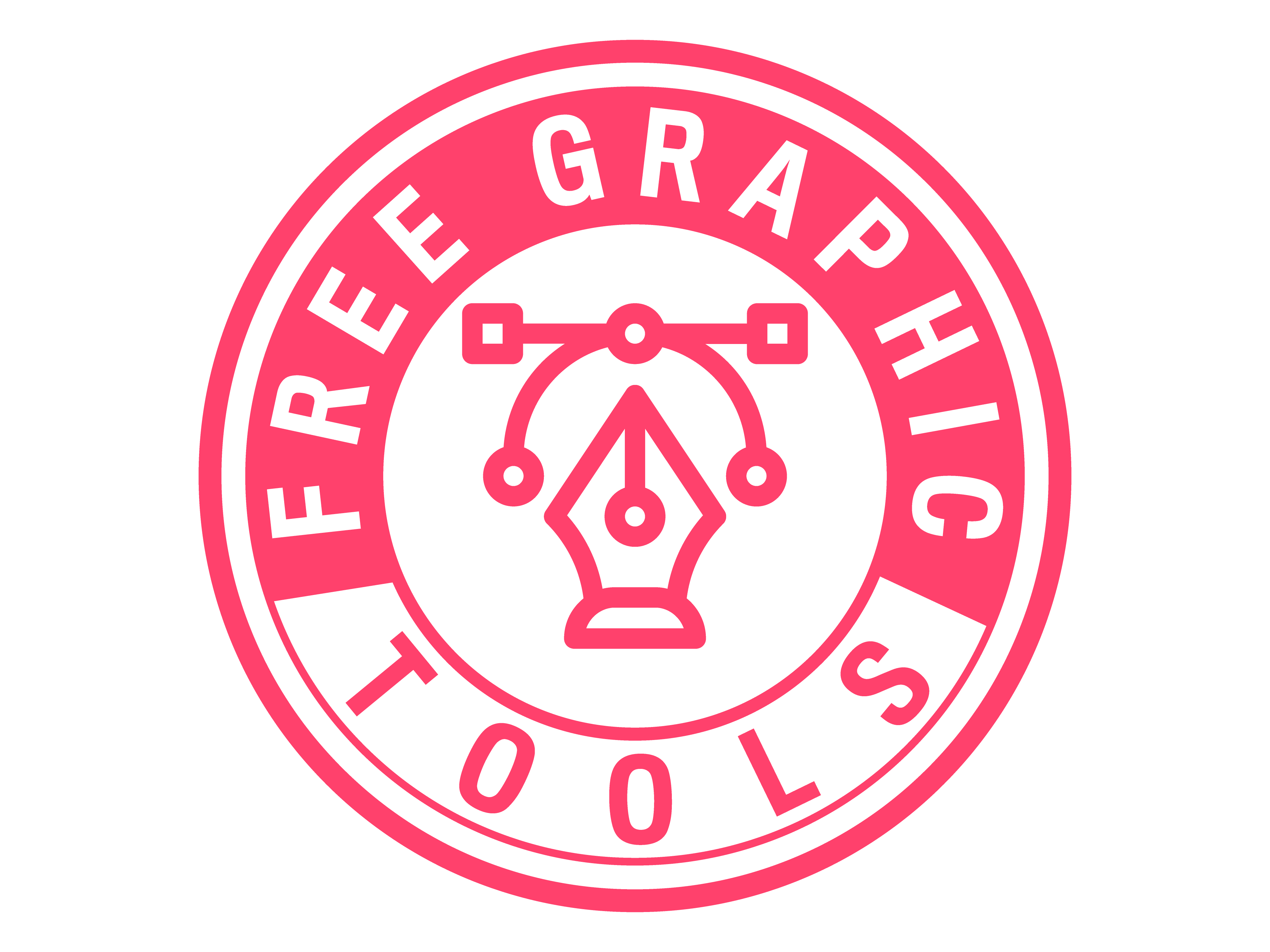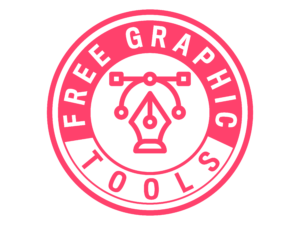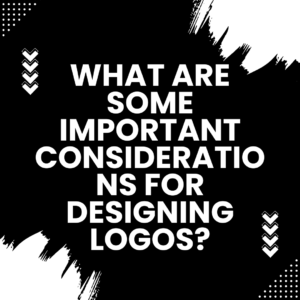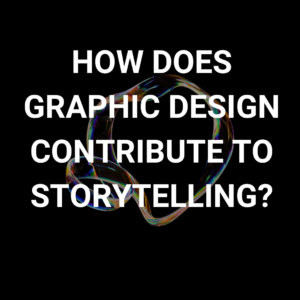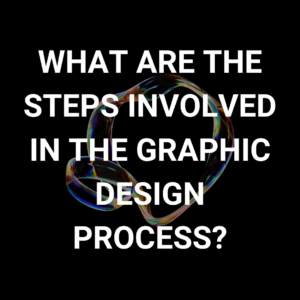What Is Product Graphics?
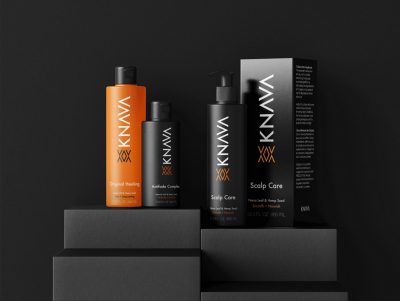
Product Graphics Are More Than Mere Gleaming Stickers and Precisely Placed Logos. They Provide Everything From a Product’s Color and Texture to Its Physical Shape. They Are, in Effect, the Primary Mode of Communication Between the Product and the Customer.
We Understand That Simple, Concise Product Graphics Can Be the Difference Between a Frustrating Product and One That Is Enjoyable to Buy and Use.
1. What Is the Product?
This Isn’t a Trick Question; It Should Be Easy. What Do You Have to Offer? What Size Is It? What Products Are Used to Make It? Is It Sensitive?
This Query Will Assist You in Determining if There Are Any Logistical Requirements for Your Product Packaging. A Fragile Product, for Example Would Necessitate More Safe Packaging. Anything Wide or With Unusual Proportions, on the Other Hand, Can Require a Custom Packaging Solution Rather Then an Off-the-shelf Package.
2. Who's Buying the Product?
- Is the Substance Intended for Men, Women, or Both?
- Is It Intended for Children or Adults?
- Is It Aimed at Environmentally Friendly Individuals?
- To Anyone on a Tight Budget or With a Lot of Extra Cash?
The Packaging of a Product Should Cater to Its Ideal Customer; It Is Critical to Recognize Who That Consumer Is Before Beginning the Design Process. Larger Text May Be Needed for Products Aimed at Older Adults.
Products Aimed at Wealthier Customers, on the Other Hand,
Would Need to Consider Fabrics That Evoke a Sense of Comfort.
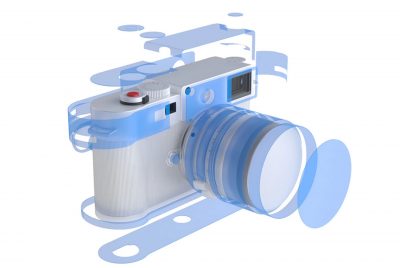
3. How Are People Buying the Product?
- Are They Getting It From a Supermarket? A Small Store?
- Are You Talking About the Internet?
When the Product Will Be Sold Digitally and Delivered, You’ll Want to Think About Packaging Differently Than if It Has to Stand Out. From the Competition on a Big-box Supermarket Shelf. Items Sold Online Should Usually Not Contain a Lot of Excess Room That Might Cause the Product to Rattle Or the Box to Bend. Those on a Boutique Shelf Would Attract Customers’ Attention When Surrounded by Cutesy Pieces in Cutesy Packages. Have You had Your Answers? That’s Great. This Will Lead You Through the Rest of the (Many) Choices You’ll Have to Make During the Packaging Design Process.
What Do You Think About These Questions?
You Are Most Likely Not Ready to Begin the Packaging Design Process Just Yet. That’s Fine! It Is Preferable to Take Your Time and Get It Right Than To Rush in.
Best Product Graphic Design Software of 2021
- Affinity Designer
- Adobe Illustrator CC
- Coreldraw
- Gravit Designer
- Adobe Photoshop CC
- Inkscape
- Sketch
- Xara Designer Pro X
About Graphic Products
Since 1970, Graphic Products Has Become a Reliable Source Of Visual Communication Solutions. Our Goal Is to Promote Occupational Safety, Productivity and Collaboration. We Are Proud to Have the Industry-leading Industrial Label, and Sign Printers, Cutting-edge Modeling Tools, a Wide Range Of Premade Signage and Stickers, All-purpose Floor Branding, and Luminous Pipe Markers for Every Facility Need—all Backed Up With World-class Service and Warranties.
We Have Brought for You Completely Free Graphic Design Important and Necessary Image Different Software Photoshop and Illustrator, Logo Design Vector, Business Card Design, Different Fonts, Premium Fonts Completely Free. Also Our Freelancers Very Seriously Spontaneously Give You the Vector File, Ai File, JPG, and PNG Graphic Model.
You Can Also Visit Our Facebook Links
If You Have Any Suggestions or Advice Please Contact Us.
